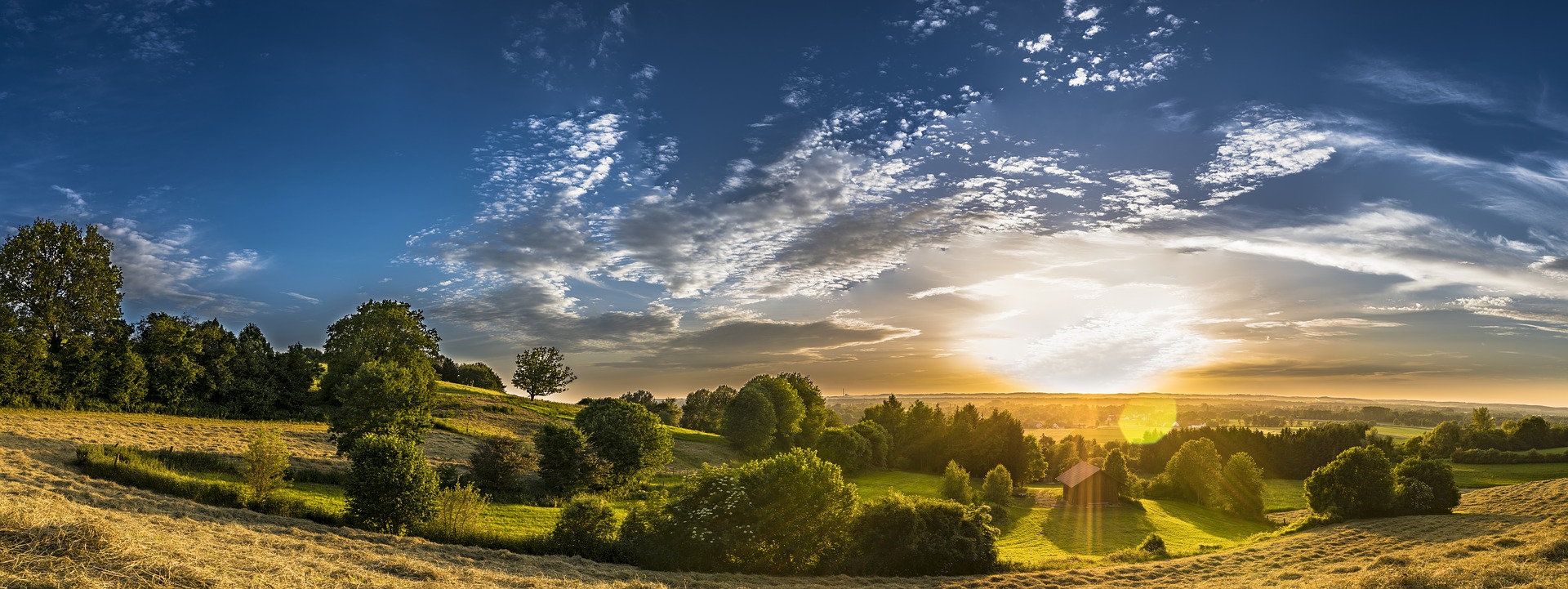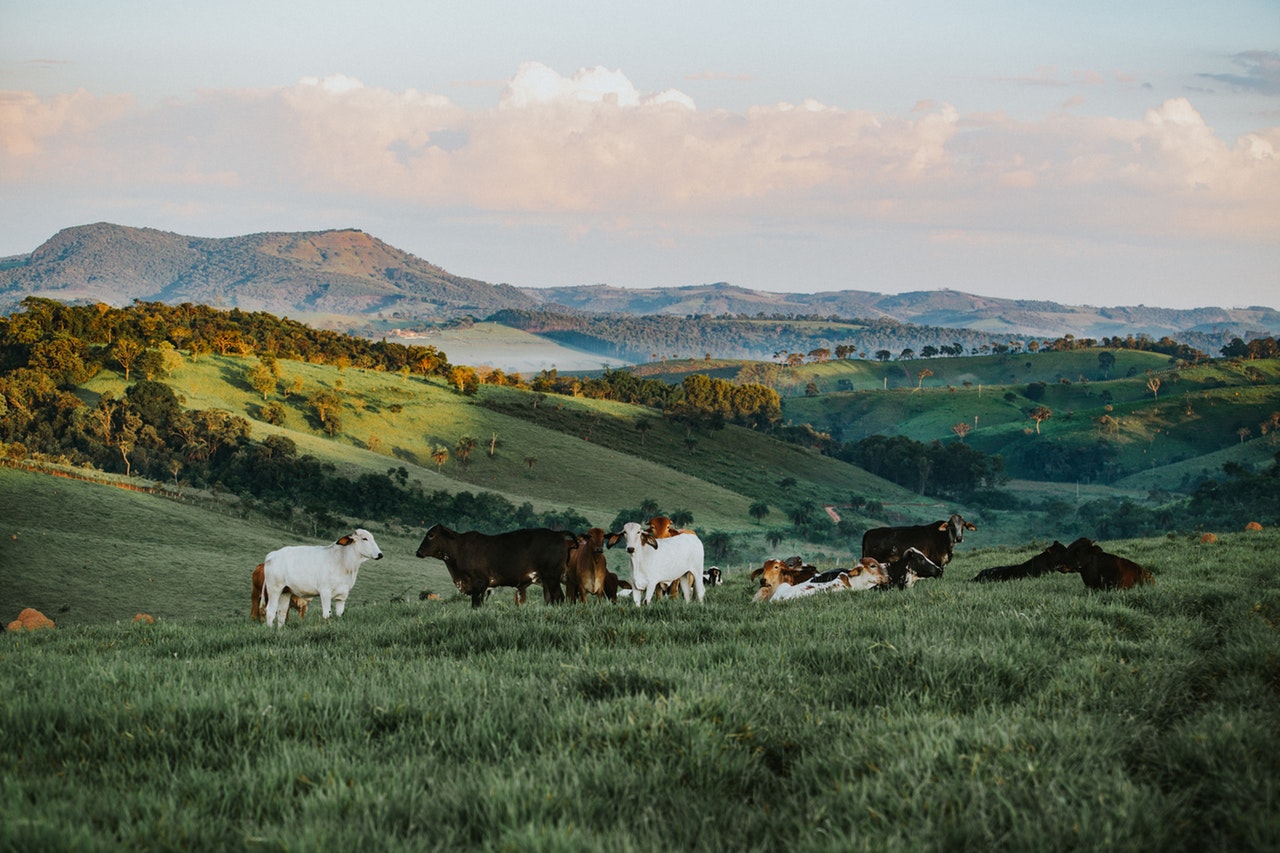UN Declares 2021 to 2030 ‘Decade on Ecosystem Restoration’
The United Nations has issued a massive global ‘call to action’ to mobilize the political and financial support necessary to restore the world’s deforested and degraded ecosystems over the coming decade to support the wellbeing of 3.2 billion people around the globe. More than 2 billion hectares – an area larger than the South American continent – stand to be restored.
The UN Decade on Ecosystem Restoration, approved by the General Assembly on 1 March, will run from 2021 to 2030 and emphasize scaling-up of restoration work to address the severe degradation of landscapes, including wetlands and aquatic ecosystems, worldwide. It will likely boost landscape restoration work to the top of national agendas, building on a public demand for action on issues such as climate change, biodiversity loss, and the resulting impacts on economies and livelihoods.
“I think there are many stars that are aligning now,” said UN Environment’s Tim Christophersen.



